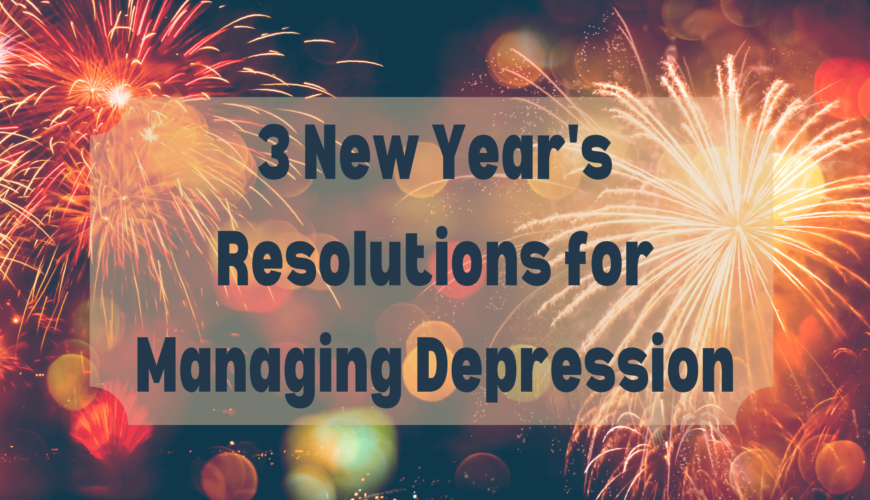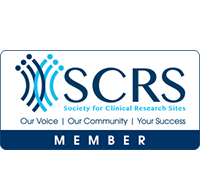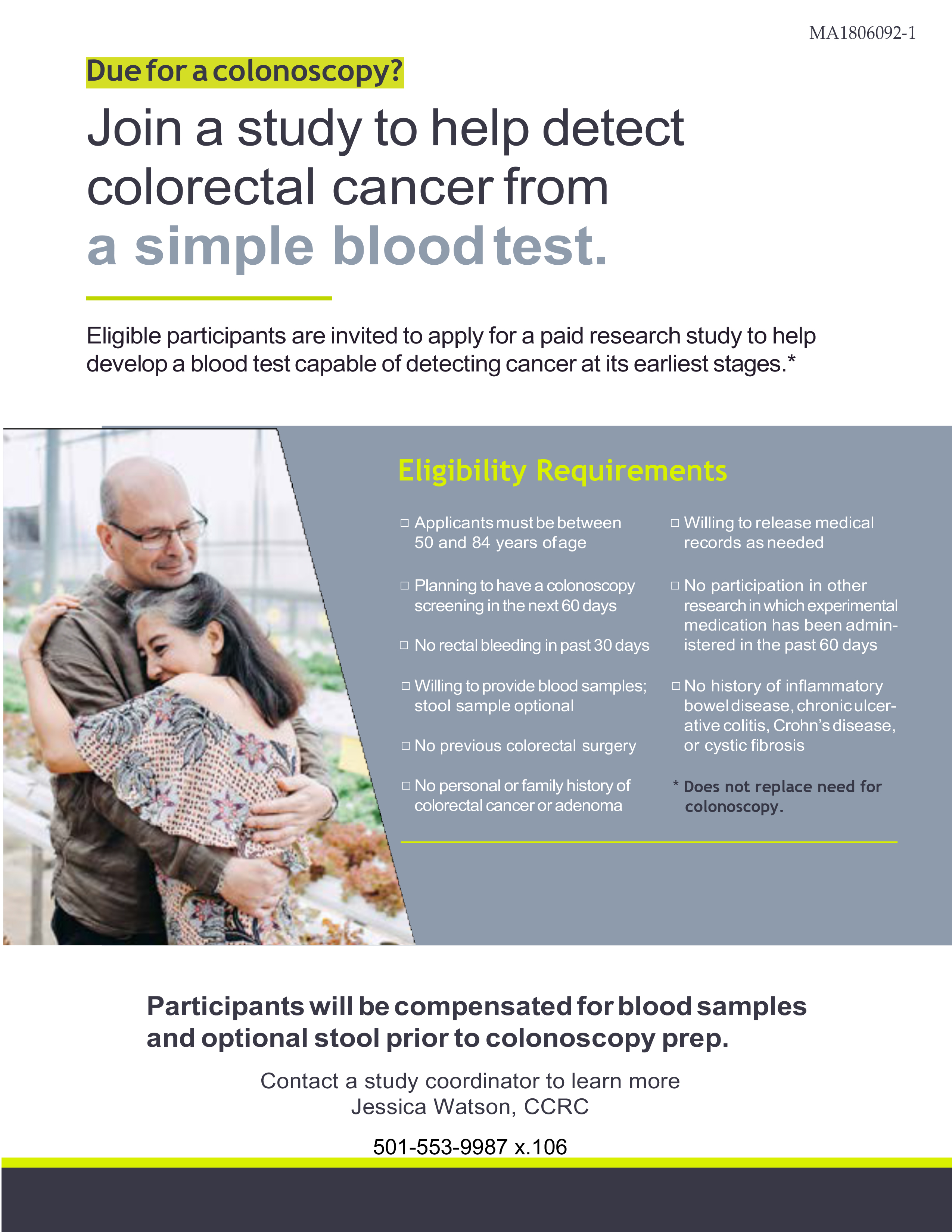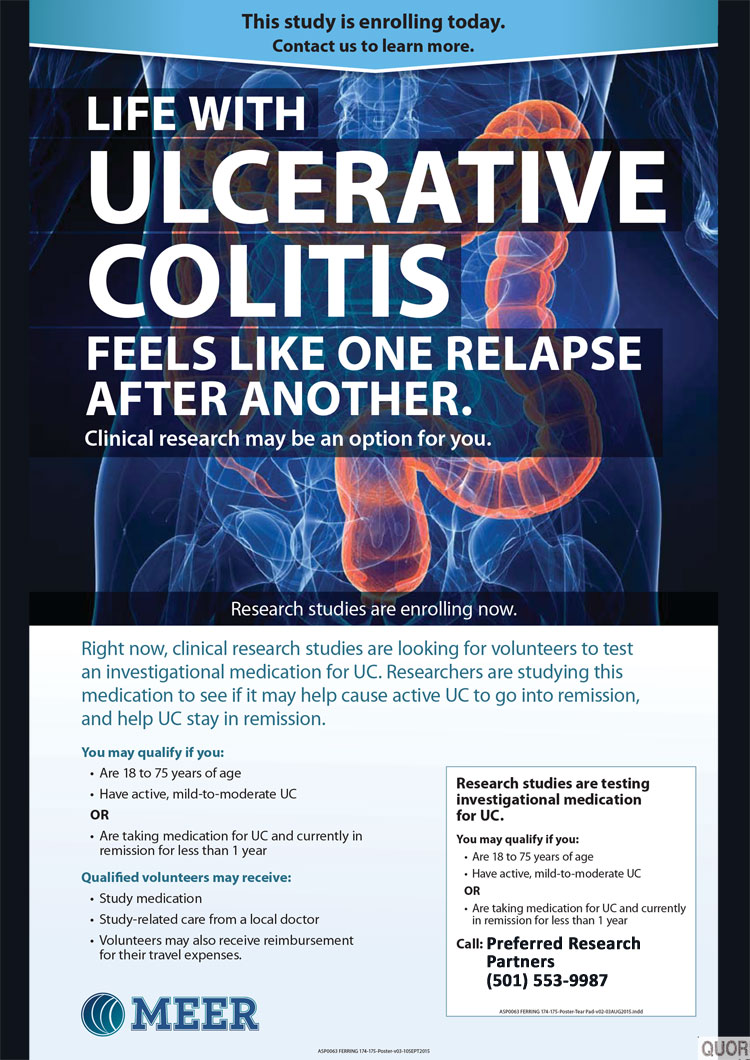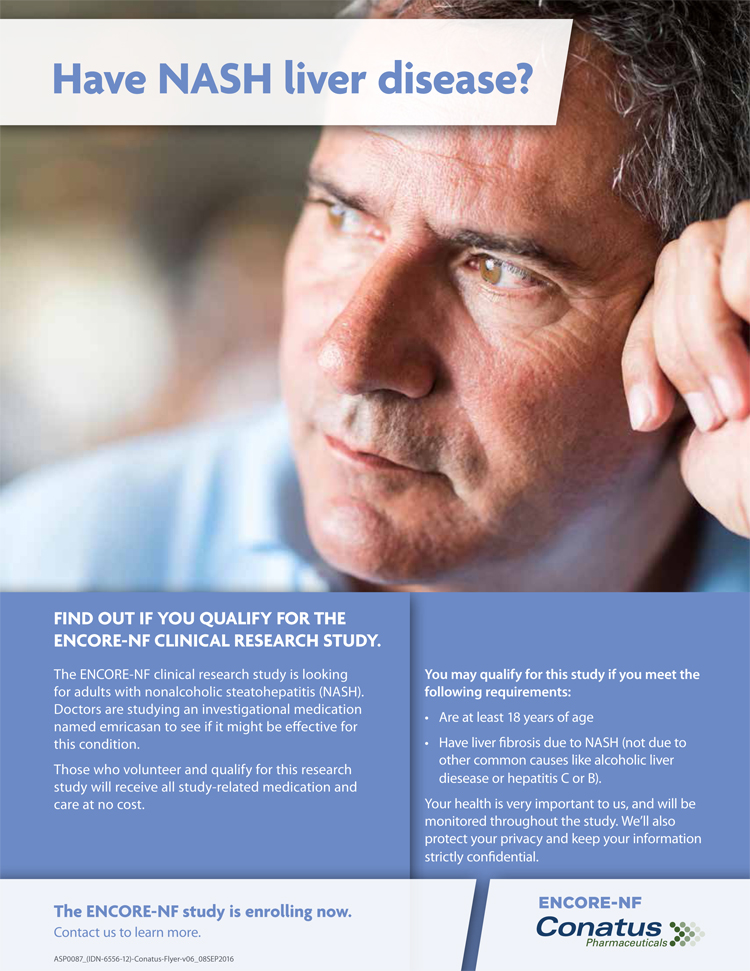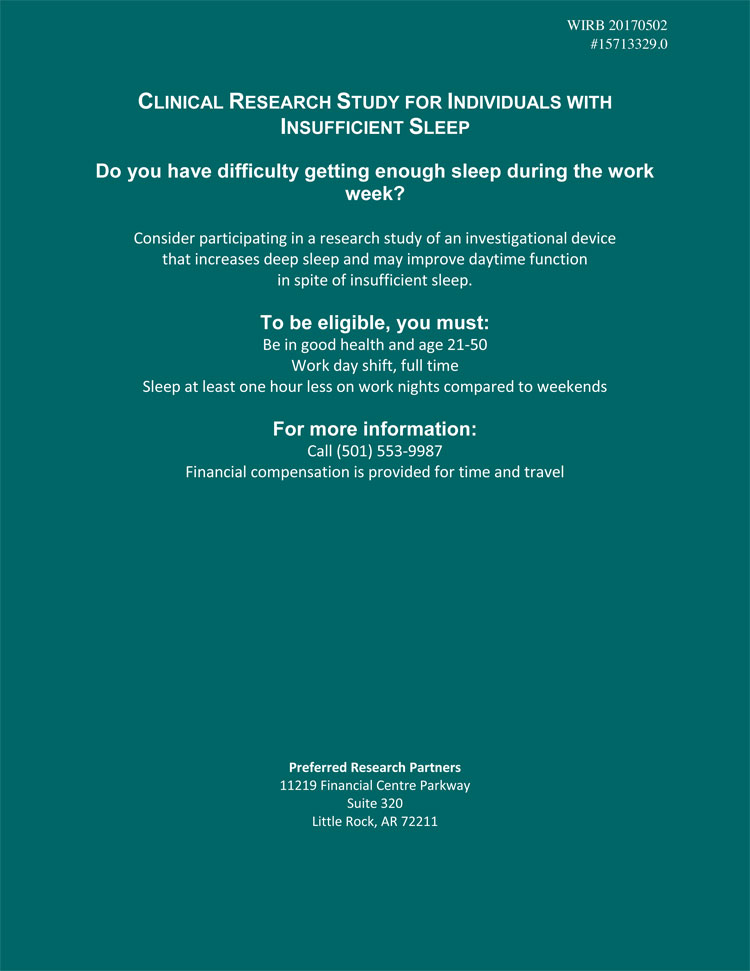As we near the end of 2020 and turn our calendars to 2021, many of us are deciding what New Year’s resolutions we want to commit to. There is no better fresh start than the new year, though some are better at sticking to resolutions than others. The key to sticking to a resolution is to recognize why they are important and how they will be achieved. For the 16 million adults in the U.S. living with depression, New Year’s resolutions may seem daunting, but sticking to some of the most popular resolutions may help manage symptoms. If you or a loved one is living with depression, read on to learn how to incorporate these three resolutions into everyday life to better manage this common disorder in 2021.
1. Add healthy foods to your diet
Did you know that the food we eat directly impacts our mental health? Neurotransmitters contain amino acids and serve as the messengers in the brain, playing a significant role in mental health. Foods that are high in amino acids are meat, fish, mushrooms, eggs, and quinoa, just to name a few. Additionally, complex carbohydrates stimulate the production of serotonin, a natural mood stabilizer. Peas, beans, whole grains, and vegetables are a handful of foods that are high in complex carbs.
2. Incorporate exercise into your daily routine
Working out more may be one of the most common New Year’s resolutions that people ultimately struggle to stick with. Achieving a particular physique is not what truly motivates most people, so it is important to recognize the enormous mental health benefits of regular exercise. The body naturally produces antidepressants through exercise, and research indicates that exercise can treat mild to moderate depression as effectively as some medication. Exercising keeps people energized throughout the day, improves sleep function, and relieves stress and anxiety. Moving your body for just 30 minutes per day, three to five days a week, can help alleviate symptoms of depression.
3. Meditate regularly
Meditation may seem a little taboo to those who have never tried it before, but it is a simple way to remain grounded, mindful, and keep negative emotions associated with depression at bay. The best part about meditation is that anyone can do it with a little practice, and research suggests that it can help improve depression symptoms when done regularly. Start by getting into a comfortable position and focus only on breathing by taking slow, deep breaths through the nose. Then, begin to bring attention to different parts of the body, one by one, until the mind is only focused on the present moment. If intrusive thoughts enter the mind during the practice, it is important to acknowledge them and then revert the focus back to the body and breathing.
Join a Depression Clinical Trial with Preferred Research Partners
Preferred Research Partners wishes you and your loved ones a Happy New Year! If you are living with depression, learn more today about clinical trial opportunities in Little Rock, Arkansas. You may be eligible to receive treatment at no cost to you and contribute to the advancement of medical research!

